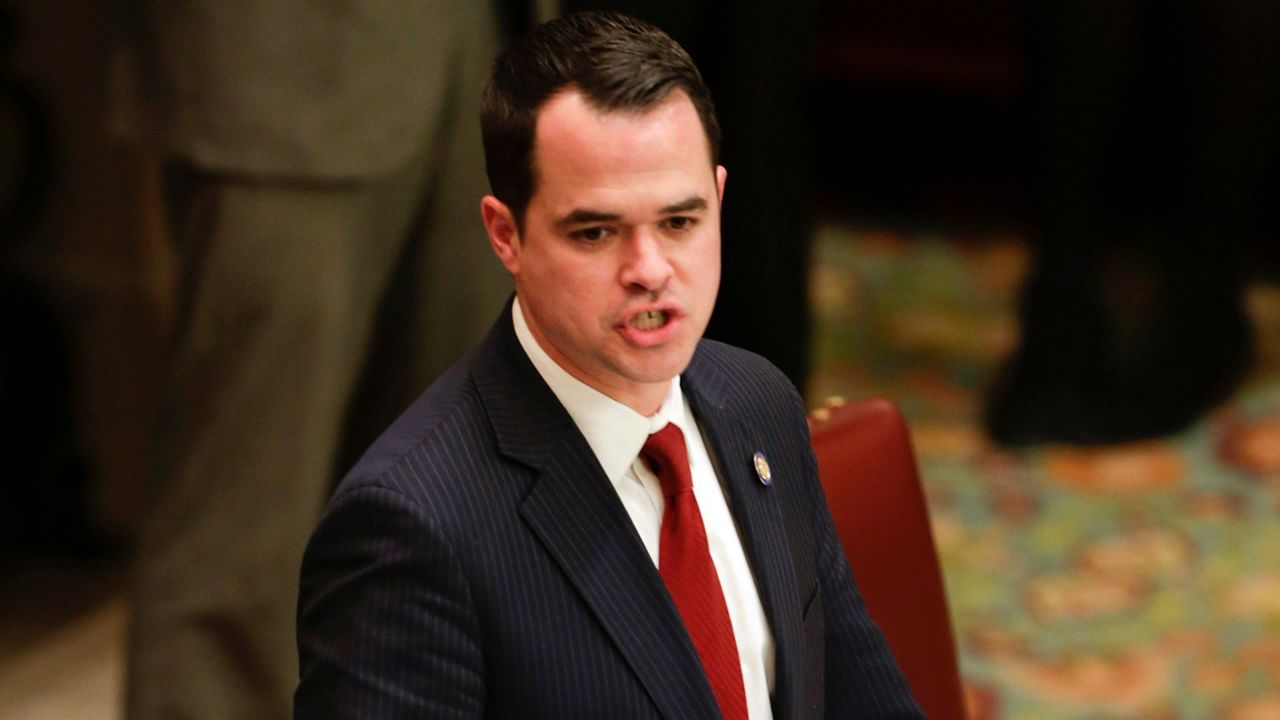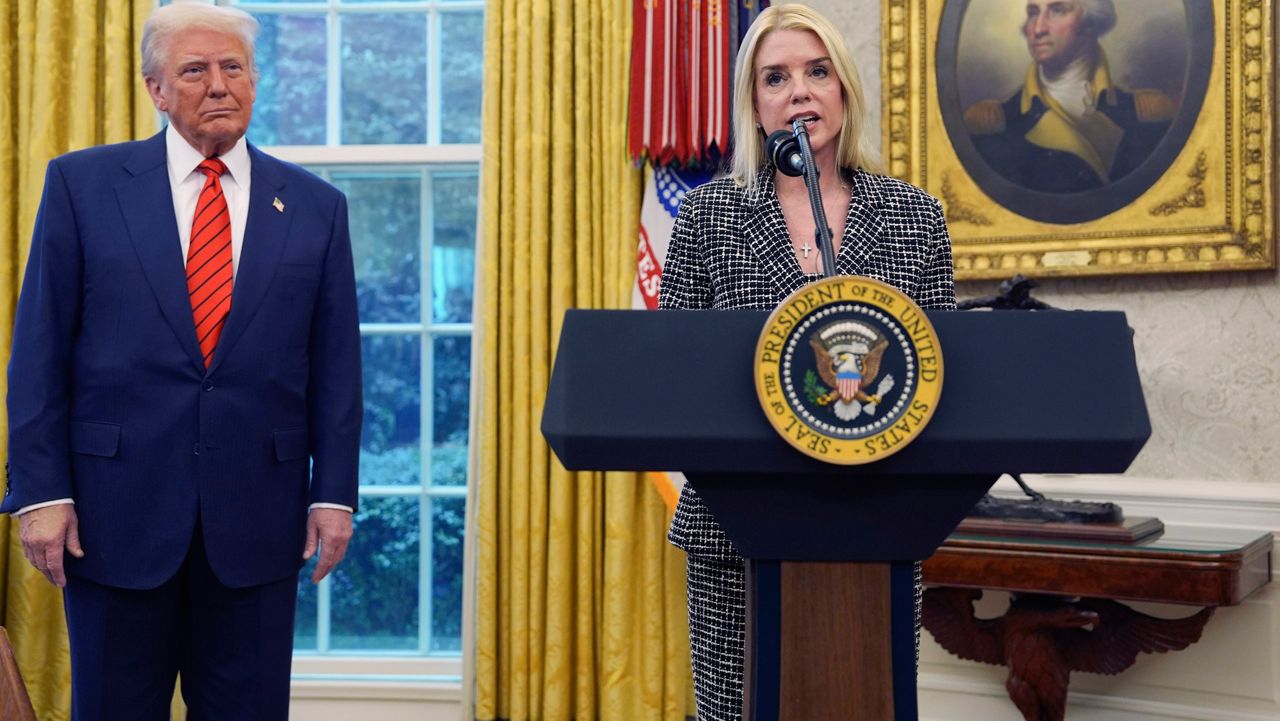BUFFALO, N.Y. — The New York State Assembly moved legislation expanding the state's bottle deposit program and another aimed at reducing the production of packaging plastics out of the Ways and Means Committee this week.
Labor groups, including Teamsters and AFL-CIO, as well as industry groups like the Association of Convenience Stores, have sent letters of opposition to lawmakers.
"We're in the process of trying to understand what exactly their real specific concern is. Saying it's ‘burdensome’ is insufficiently specific for us to address," Assembly Member Deborah Glick, D-Manhattan, said.
Glick, who sponsors both bills, has asked the body to conference the proposals.
"Which is a way of giving the members an opportunity to ask the sponsor questions and not rely on some of the misinformation or the slanted arguments that have come in memos which is part of the process," she said.
The state Restaurant Association is opposed specifically to the Bottle Bill, which would raise the deposit from 5 cents to 10 cents by 2026 and require the deposit for additional beverages. By 2029, it would cover nearly all drinkable items including liquor and wine, which restaurants believe in many cases will functionally become an additional fee for them and create storage and health code concerns.
"I understand what's at the heart of it, which is being better stewards of the environment, but this isn't the way to do it," Dominick Purnomo, New York State Restaurant Association director, said.
Eastman, a $10 billion global specialty materials company, says the Legislature needs to take a multifaceted approach to conservation. Circular Policy, Strategy and Communications Team Leader Chris Layton said current policy proposals exclude, rather than promote, new molecular recycling technology of which the company has invested that would allow for recycling of different types of plastics like shampoo bottles, meat trays and carpet.
"The policy needs to allow for innovations,” Layton said. “It needs to be able to take input from other stakeholders that have concerns to shape it correctly and so these current bills need additional work.”
He said the idea that recycling doesn't work is a fallacy, consumers want to help the environment and the new technology will make it simpler.
"More things can go in there, not only recycling from your kitchen but also things in your bathroom can now be recycled," Layton said.
Glick believes companies and consumers can adapt to new rules and there is too much evidence showing exactly how dangerous plastic materials can be.
"We cannot recycle our way out of plastic use,” she said. “We have got to stop using plastic because it doesn't disappear.”
The Packaging Reduction Act requires manufacturers with revenues over $5 million and that produce more than two tons of waste annually to pay into a fund used to expand and support recycling infrastructure for municipalities. It would require over time a reduction in the amount and types of packaging produced and the more companies reduce, the less they would have to pay into the fund.










